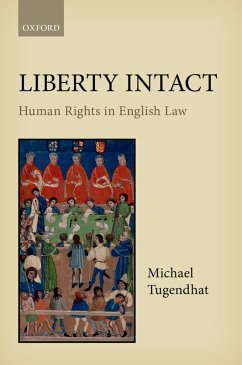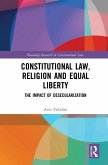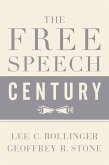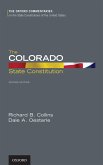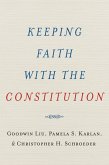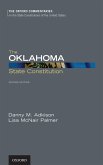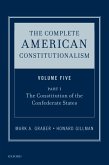What are the connections between conceptions of rights found in English law and those found in bills of rights around the World? How has English Common Law influenced the Universal Declaration of Human Rights (UDHR) 1948 and the European Convention on Human Rights (ECHR) 1950? These questions and more are answered in Michael Tugendhat's historical account of human rights from the eighteenth century to present day. Focusing specifically on the first modern declarations of the rights of mankind- the 'Virginian Declaration of Rights', 1776, the French 'Declaration of the Rights of Man and of the Citizen', 1789, and the 'United States Bill of Rights', 1791- the book recognises that the human rights documented in these declarations of the eighteenth century were already enshrined in English common law, many originating from English law and politics of the fifteenth century. The influence of English Common Law , taken largely from Blackstone's Commentaries on the Laws of England, can also be realised in the British revolutions of 1642 and 1688; the American and French Revolutions of 1776 and 1789 respectively; and through them, on the UDHR and ECHR. Moreover, Tugendhat argues that British law, in all but a few instances, either meets or exceeds human rights standards, and thus demonstrates that human rights law is British law and not a recent invention imported from abroad. Structured in three sections, this volume (I) provides a brief history of human rights; (II) examines the rights found in the American and French declarations and demonstrates their ancestry with English law; and (III) discusses the functions of rights and how they have been, and are, put to use.
Dieser Download kann aus rechtlichen Gründen nur mit Rechnungsadresse in A, B, BG, CY, CZ, D, DK, EW, E, FIN, F, GR, HR, H, IRL, I, LT, L, LR, M, NL, PL, P, R, S, SLO, SK ausgeliefert werden.

